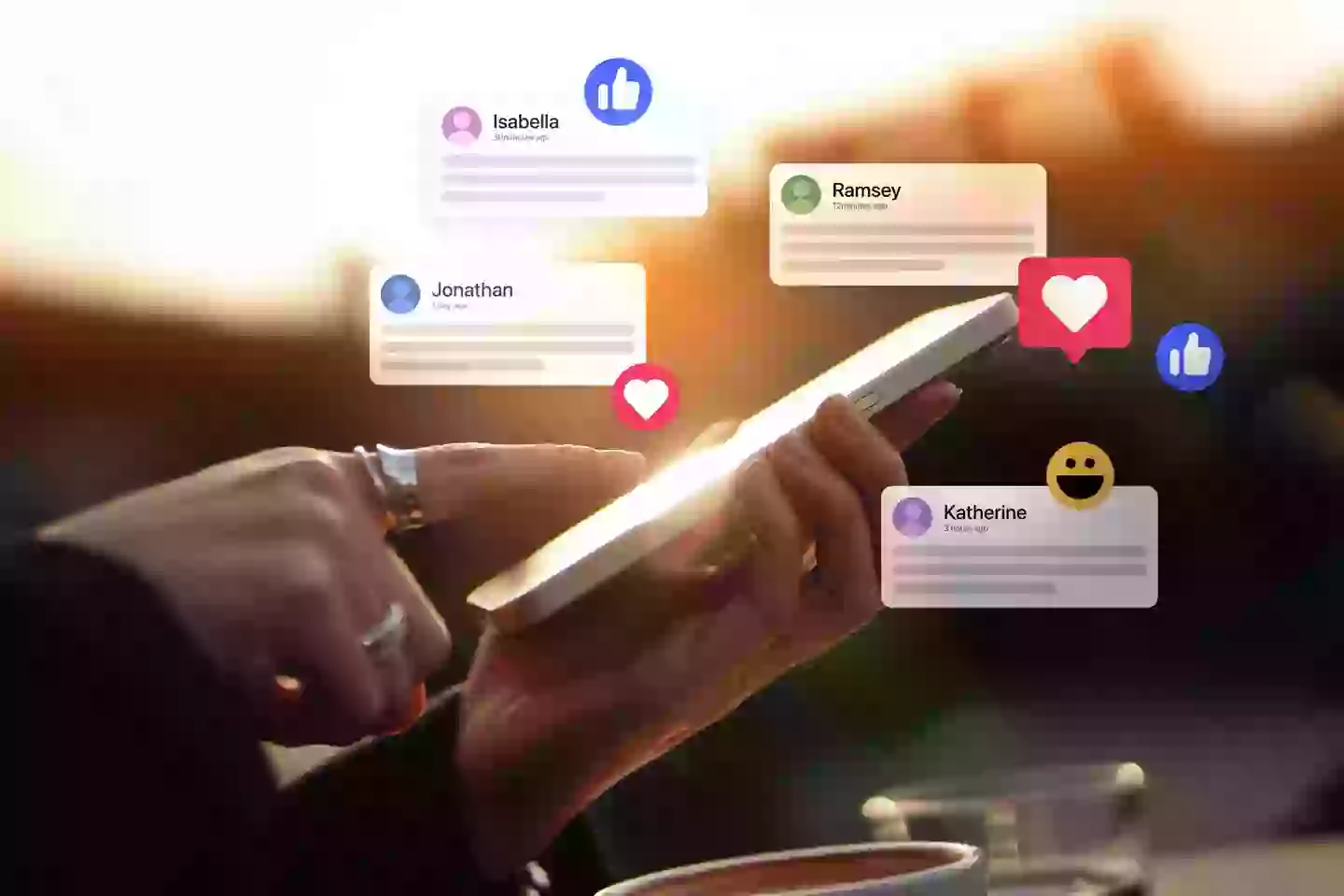What Happens to Your Brain in Just 72 Hours Without a Phone Will Shock You
Ever wondered what magic unplugs your brain when you ditch your phone for just three days? It turns out, the simple act of snubbing that little glowing screen does more than shake off your FOMO — it reshuffles your brain’s reward system in a way that’s downright fascinating (and a tad terrifying). We all know that guilty itch — the doom scrolling spiral, hunting for that jackpot dopamine hit like a slot machine in Vegas. But what happens when you hit pause? A recent study from some sharp minds in Germany reveals that even a 72-hour social media blackout sparks shifts in brain activity similar to what you’d see in folks battling alcohol or nicotine addiction. Seriously — our phones might be sneakier habit-makers than we gave ’em credit for. So next time you catch yourself endlessly swiping through TikTok or endlessly FaceTiming grandma, maybe ask yourself: is it connection, or just craving the screen? Grab your popcorn because the story on how our gadgets hijack our brains is just heating up. LEARN MORE
Scientists have just revealed how impactful it can be to not go on your phone for just 72 hours.
I can’t be the only one who feels a little ashamed when looking at how much precious time is spent doom scrolling on social media.
The name of the game is to find something shocking, outrageous, or insightful that triggers a spike of dopamine, known as the ‘feel-good’ chemical in the brain.
Similar to gambling in a casino, it’s like when you pull the lever or place a bet many times with no reward apart from the times you occasionally win.
It’s that buzz of the unpredictable win which makes you want to do it again, and again.
This theory was well documented in Netflix’s The Social Dilemma, which came out back in 2020.

A new study has shown how giving up your phone for just three days can reshape your brain activity (Getty Stock Images)
But one thing the documentary didn’t look into much is what happens when you stop going on your phone for three days.
What was the study?
In a new study titled ‘Effects of smartphone restriction on cue-related neural activity,’ researchers found out how a short time off your phone can reshape your brain activity.
A sample size of 25 young adults (aged between 18 and 30) was used by Heidelberg University and the University of Cologne in Germany.
Only essential forms of communication were allowed, as the group were asked to restrict their social media use completely, except for work-related activities.
“We used a longitudinal approach to investigate effects of smartphone restriction in smartphone users,” the researchers wrote in their paper.

The idea of having a little doom scroll late at night isn’t as innocent as we think (Getty Stock Images)
“Associations between changes of brain activation over time and addiction-related neurotransmitter systems were found.”
Results of the study
So, the results from the brain scans after a 72-hour period showed changes in parts of the brain in the section linked to reward processing and cravings.
The changes in brain signals were compared to that of alcohol or nicotine addiction, suggesting that phones are addictive.
However, the researchers note that a flaw in the study is that the type of smartphone-based activities are not the same in terms of addiction levels.
Scrolling through TikTok and chatting to your parents on FaceTime for an hour are obviously two different things.
“Our data does not disentangle craving for smartphone use and craving for social interaction, nowadays two tightly intertwined processes,” the researchers noted.
More studies like this are needed to further understand the way smartphones and social media can shape our brains.
“Although our data shows relatively robust findings without unraveling these processes, future studies should clearly aim to address this aspect,” they added.
“The identified neural mechanisms may substantially promote addictive behaviour in people at risk for excessive smartphone use.”












Post Comment